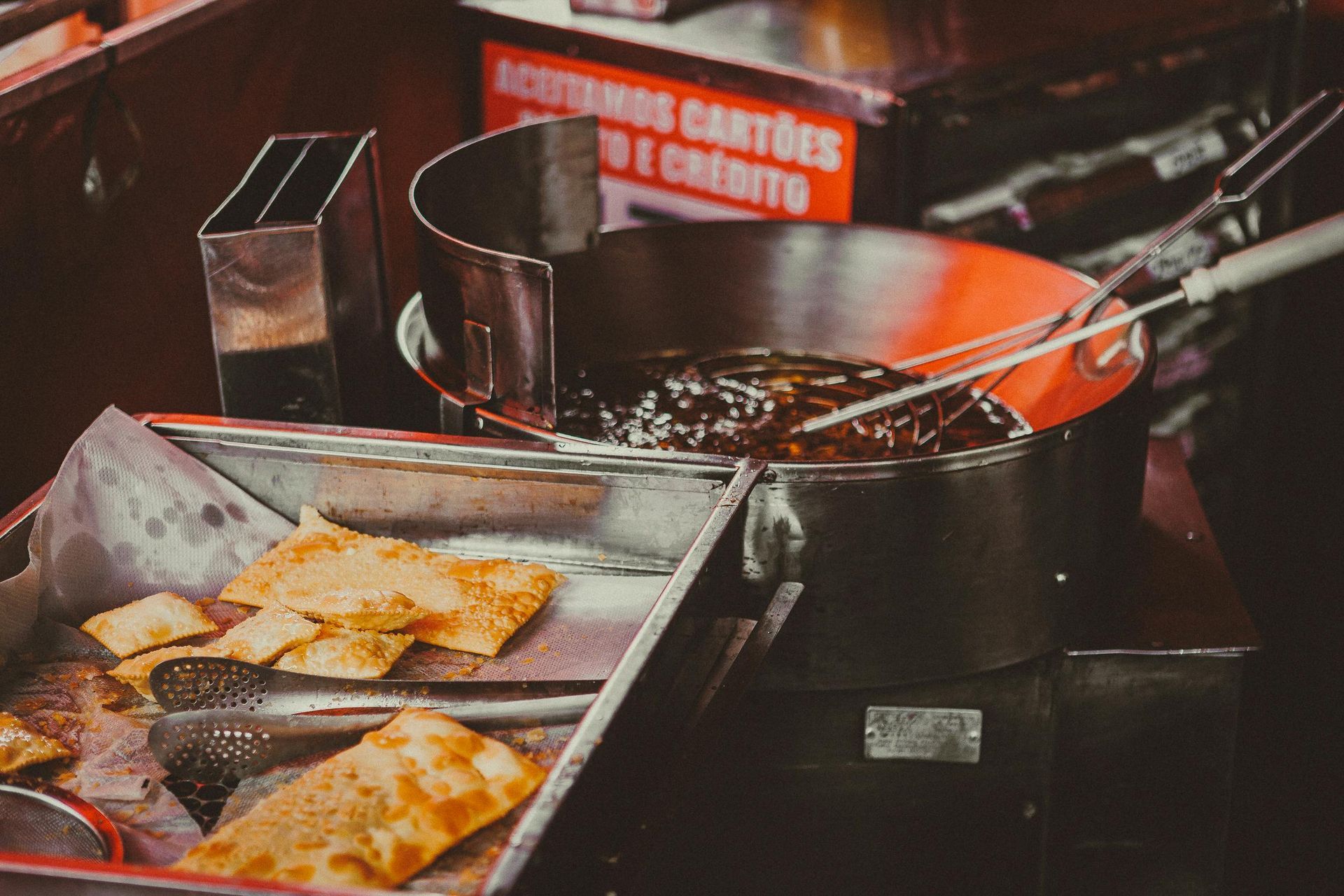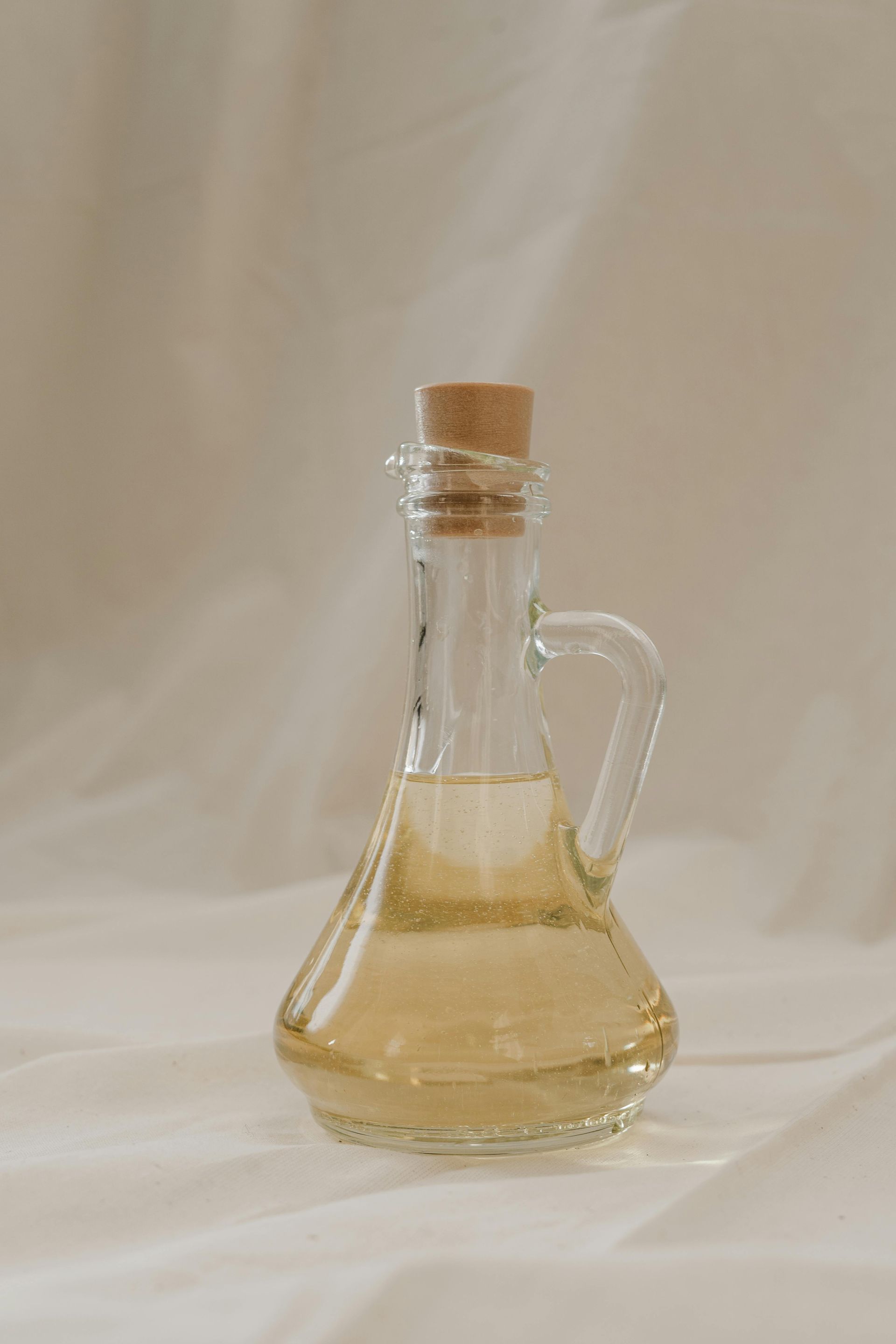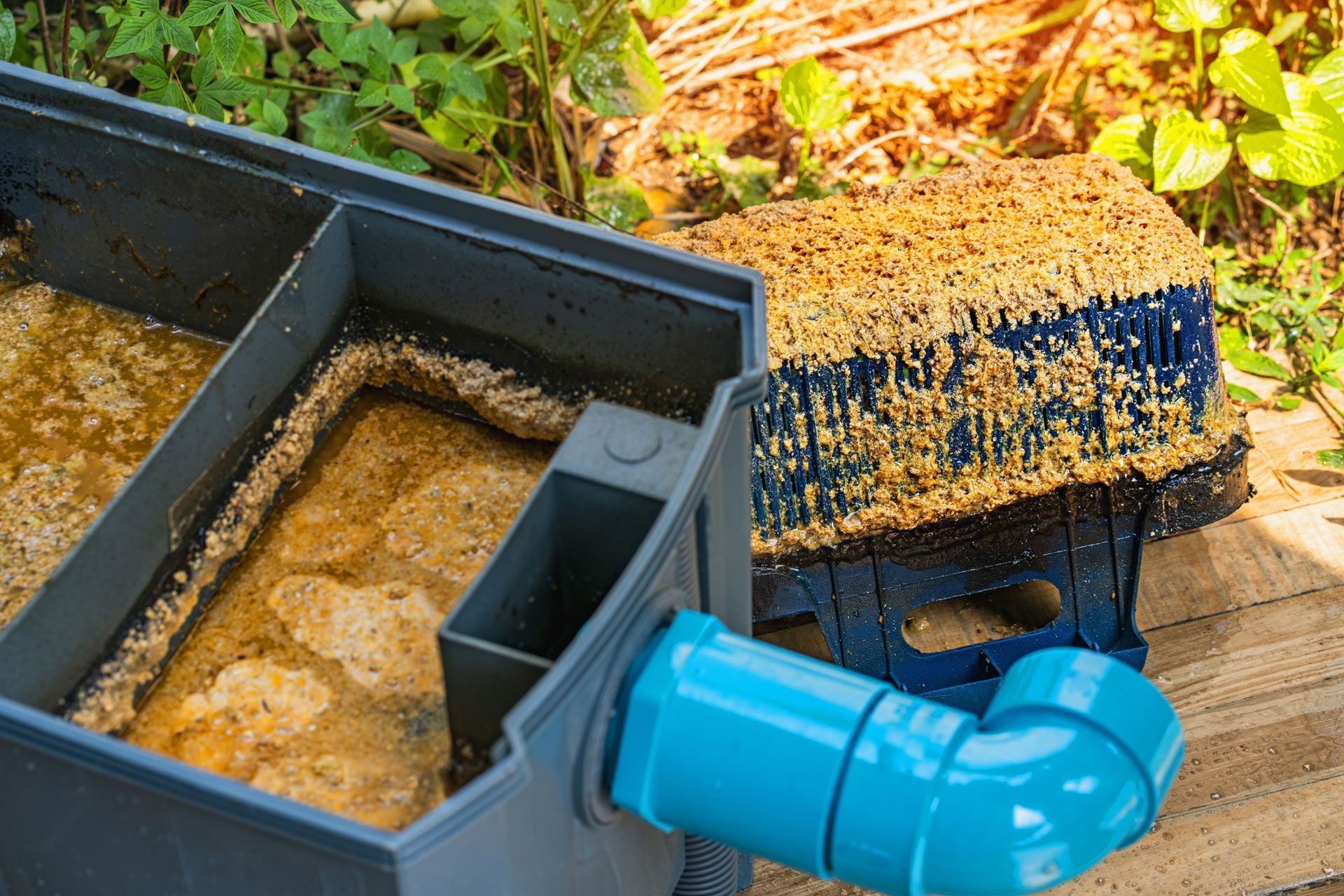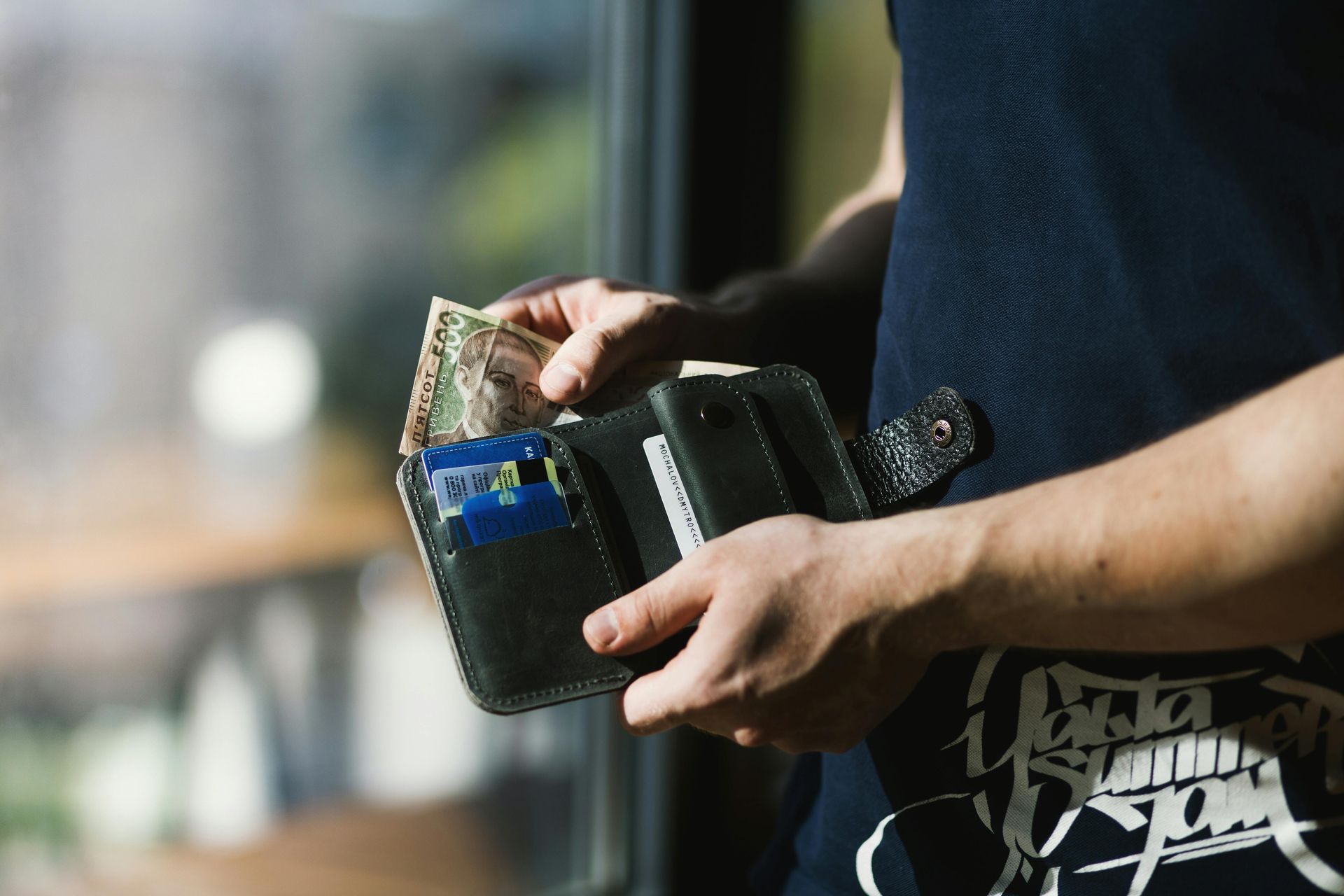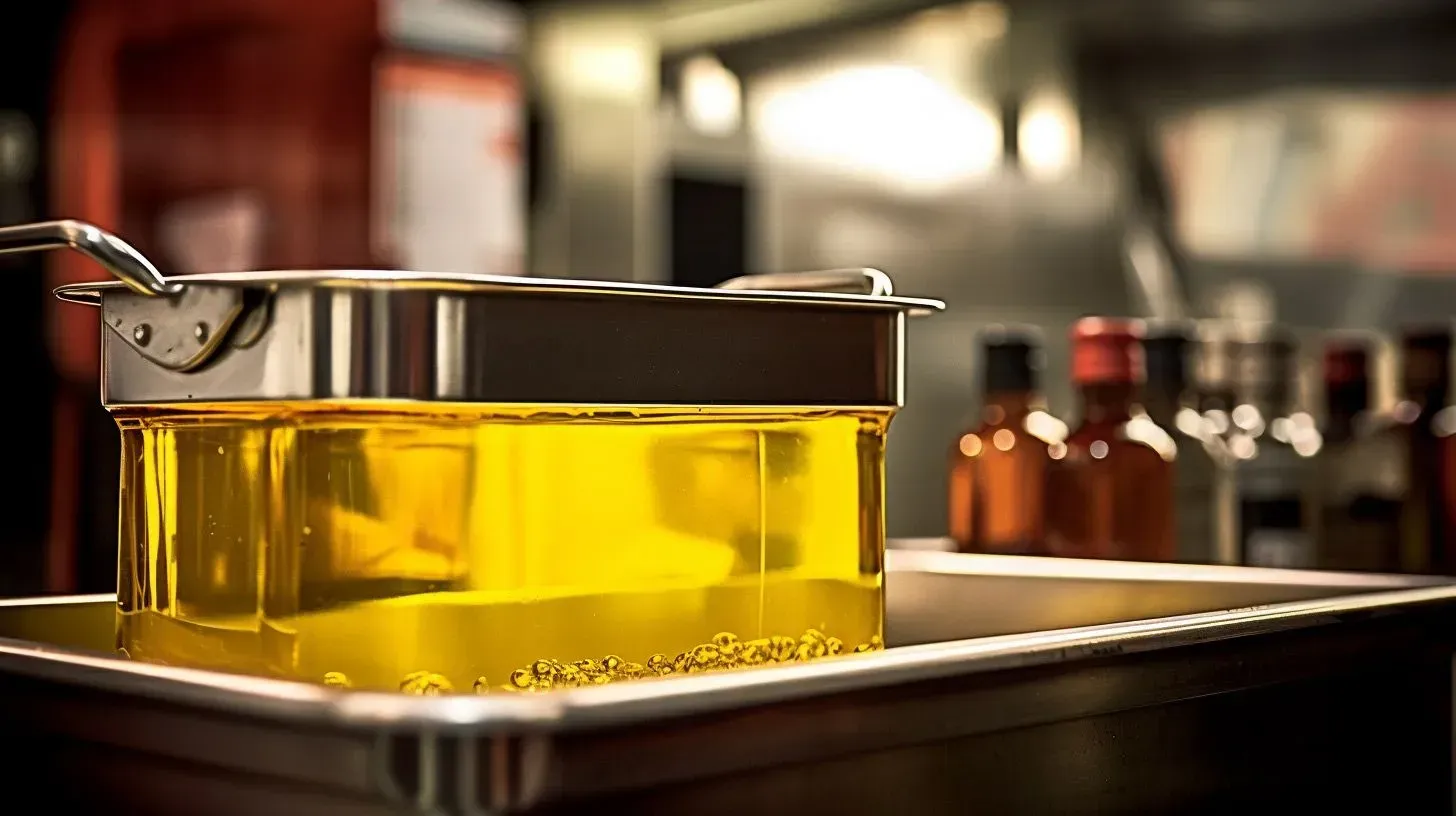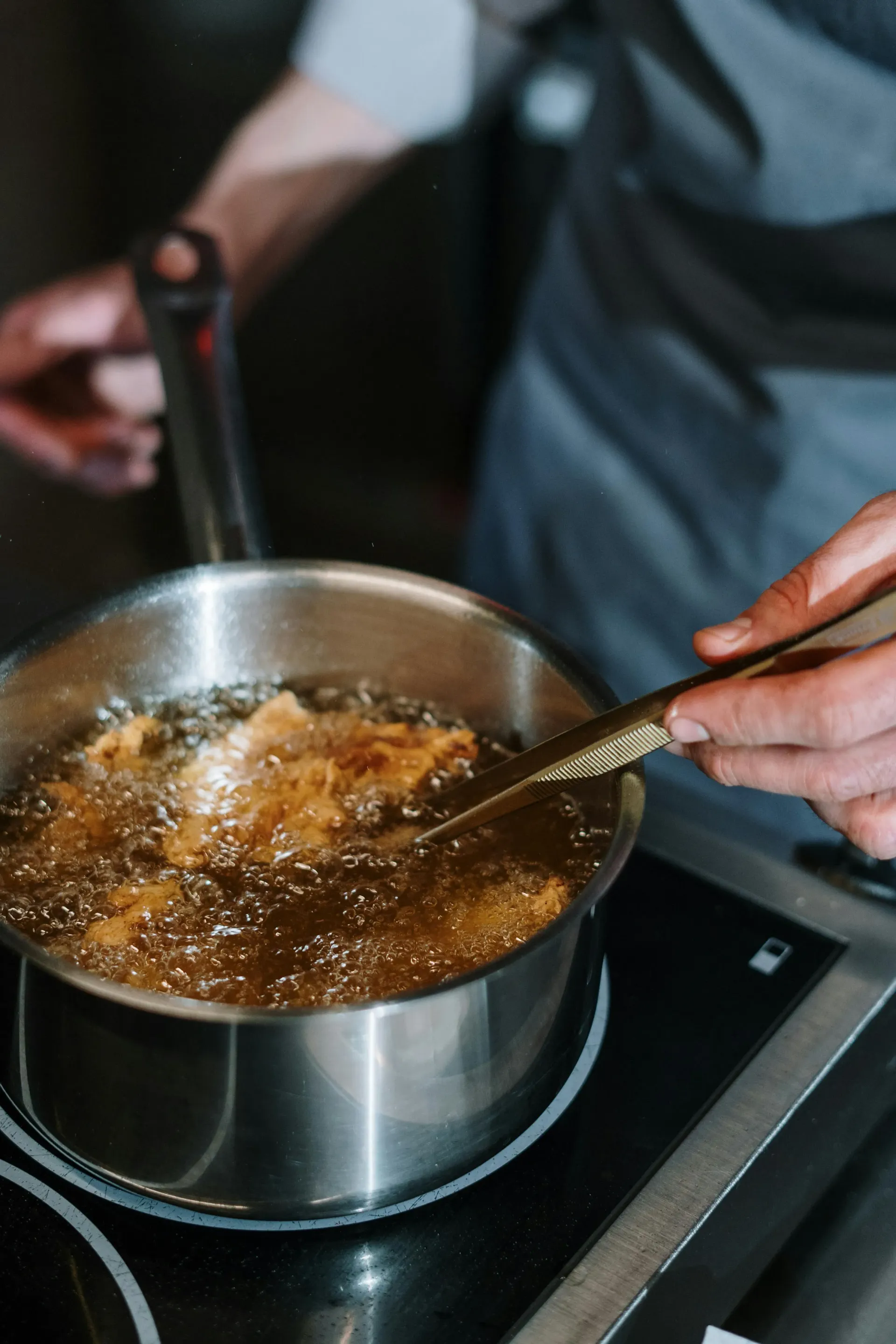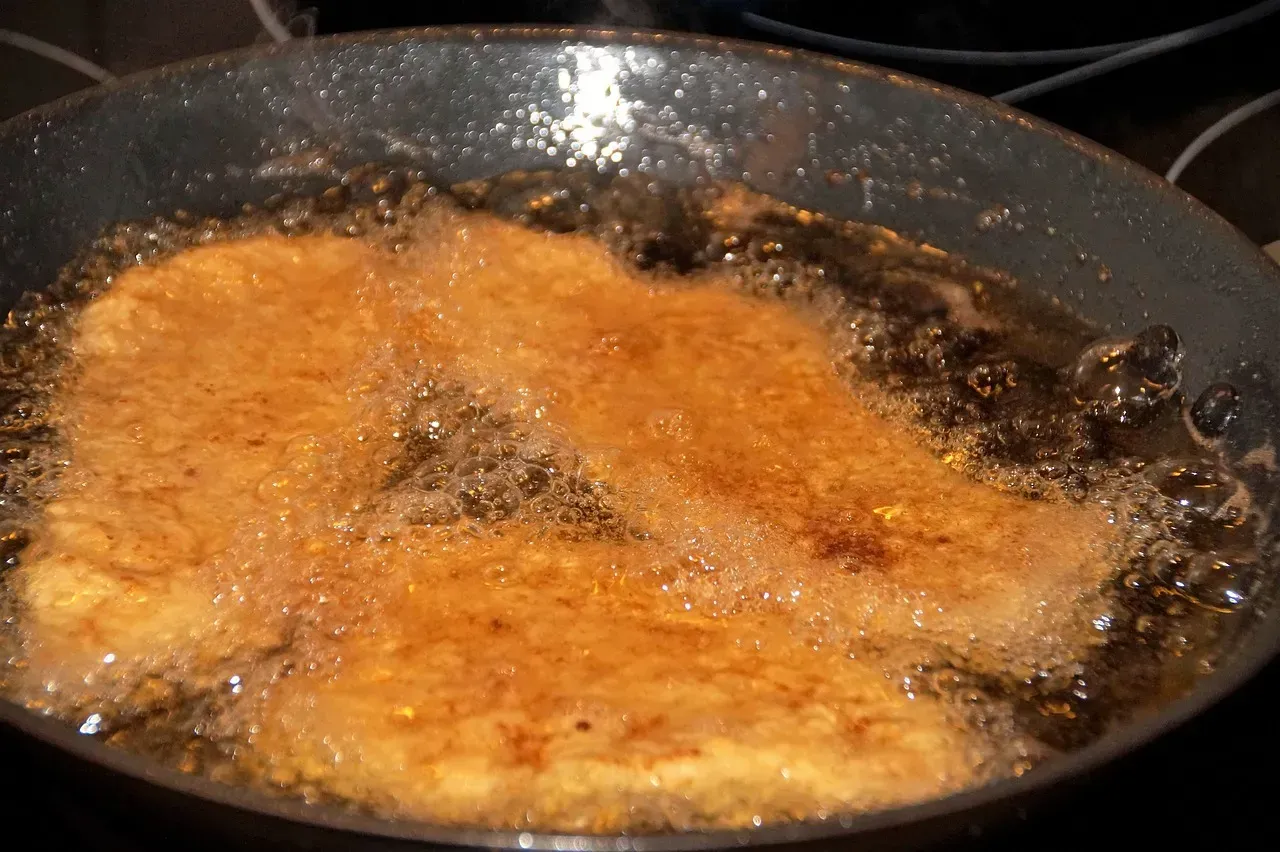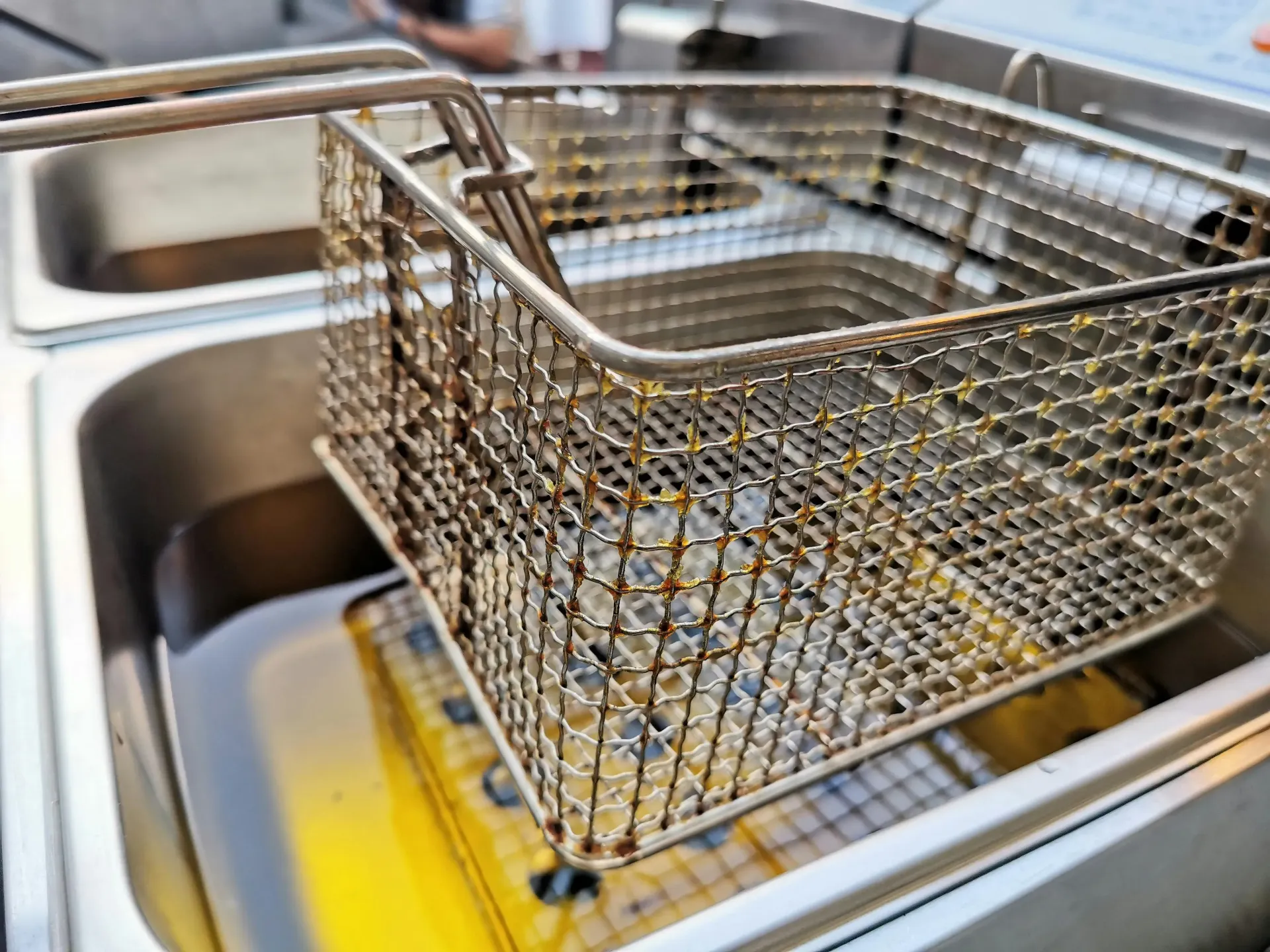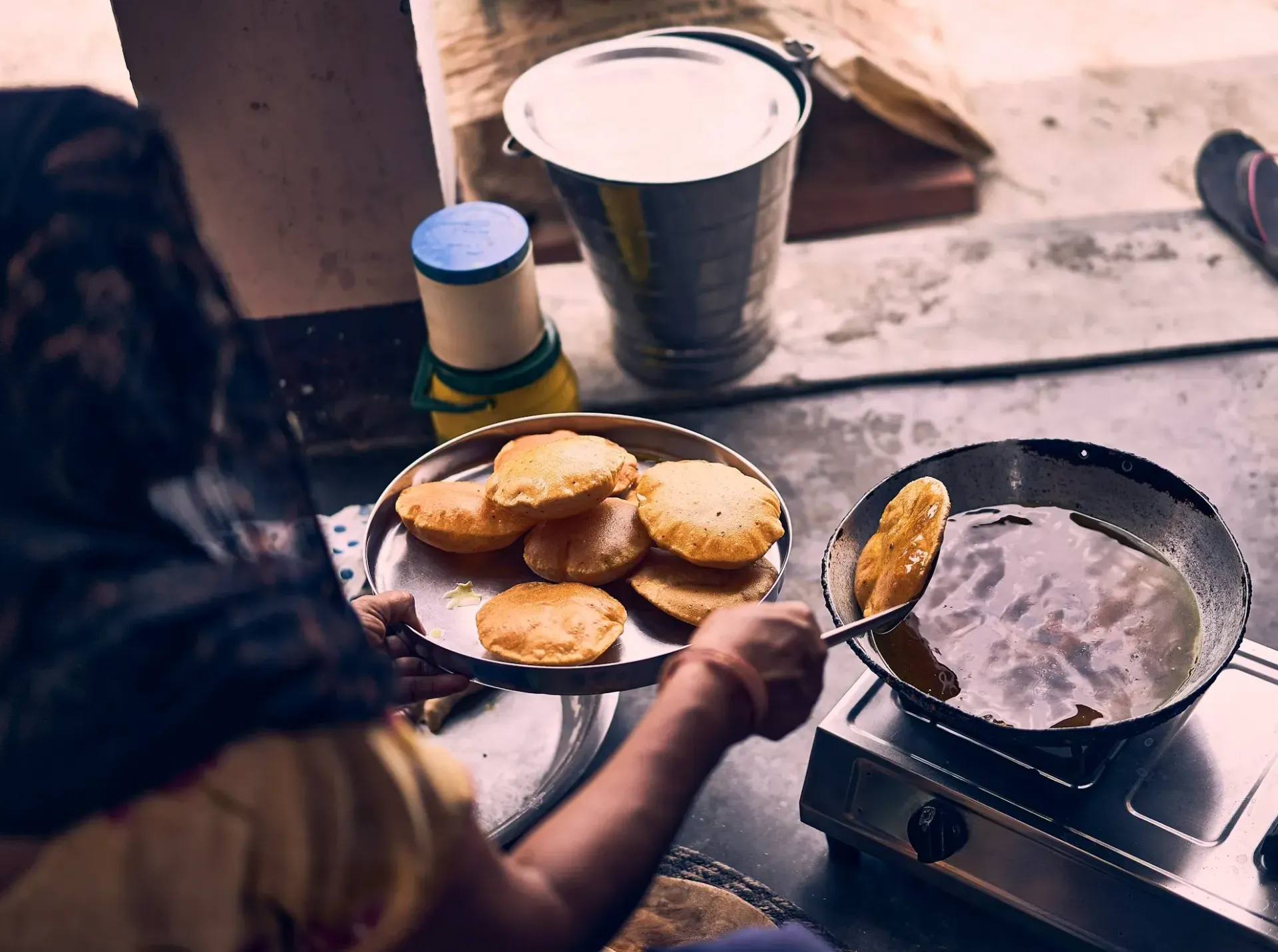Call Us Today!
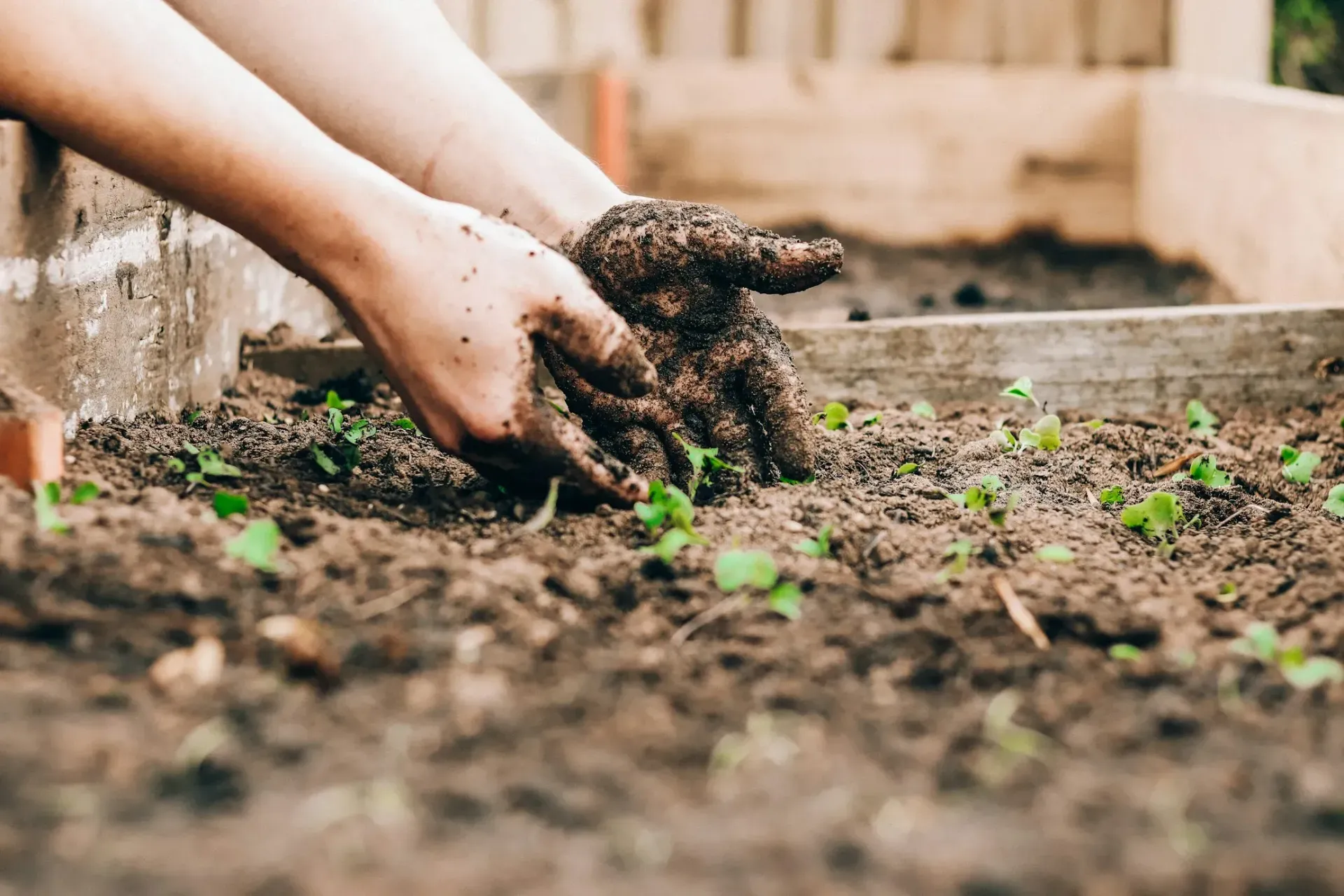
Why Used Cooking Oil Needs Proper Disposal
Every day, homes and restaurants go through gallons of cooking oil. But once it's used, where does it go? Many people dump it down the drain without thinking twice. The problem is, this can cause serious damage. Oil hardens inside pipes, clogs sewer systems, and leads to expensive plumbing repairs. Worse, when it reaches waterways, it pollutes rivers and harms wildlife.
Recycling used cooking oil helps the environment by reducing waste, preventing water pollution, and creating renewable energy. Instead of throwing it away, used oil can be collected and turned into biodiesel, which is a cleaner alternative to fossil fuels. This small change makes a big difference in cutting down harmful emissions and keeping our water clean.
Whether you’re cooking at home or running a business, there’s a right way to handle used oil. In this guide, we’ll go over how to recycle it, why it matters, and the best ways to manage grease buildup.
How to Properly Recycle Used Cooking Oil
Getting rid of used cooking oil the right way is easier than you think. Whether you’re a homeowner or a business owner, there are simple steps to keep oil out of drains and put it to good use.
For Households
If you cook at home, you don’t need to throw used oil in the trash. Here’s what you can do instead:
- Let it cool – Never handle hot oil. Wait until it’s safe to touch.
- Store it in a sealed container – Use a clean jar, can, or bottle with a tight lid.
- Find a local drop-off center – Many recycling programs accept used cooking oil. Some cities even offer curbside pickup.
- Reuse small amounts – If the oil is still clean, you can filter and use it again for frying.
For Restaurants & Businesses
Restaurants, food trucks, and commercial kitchens deal with a lot more grease. Instead of dumping it, they can:
- Use a grease trap – This device catches oil before it enters the plumbing system.
- Work with a recycling company – Many services collect used oil and turn it into biodiesel or other products.
- Follow local regulations – Some areas require businesses to properly store and dispose of oil.
Proper oil recycling doesn’t just help the environment—it also keeps pipes clear and prevents costly repairs.
The Role of Grease Traps in Oil Recycling
Grease traps are an important tool for keeping used cooking oil out of drains and waterways. They help businesses manage grease waste and make oil recycling easier.
Why Grease Traps Matter
When oil goes down the drain, it doesn’t just disappear. It cools, hardens, and sticks to pipes. Over time, this buildup can cause serious clogs and even lead to sewer overflows. Grease traps catch oil before it enters the plumbing system, preventing damage and making disposal easier.
How Grease Traps Support Oil Recycling
A well-maintained grease trap separates oil from water, allowing it to be collected and recycled. Here’s how:
- Oil floats to the top – Grease traps use a tank to hold wastewater. Oil naturally rises to the surface while solids settle at the bottom.
- Water drains out – The cleaner water flows out, leaving the oil behind.
- Recycling companies collect the oil – Businesses can schedule pickups with licensed haulers who process the oil for biodiesel production.
Maintenance Tips for Grease Traps
To keep grease traps working properly, regular cleaning is a must.
- Small businesses: Clean grease traps at least once a month.
- Large kitchens & restaurants: Schedule professional cleaning every one to two weeks, depending on usage.
- Watch for warning signs: If drains are slow or there’s a bad smell, the trap may be full.
Keeping grease traps in good condition not only helps with oil recycling but also prevents plumbing issues and avoids costly fines.
The Environmental Impact of Used Cooking Oil Waste
Throwing used cooking oil down the drain or into the trash may seem harmless, but it can have serious consequences for the environment. From polluting waterways to damaging sewer systems, improper disposal creates problems that are expensive to fix and harmful to nature.
Pollution Risks
When oil enters rivers, lakes, or oceans, it forms a thick layer on the water’s surface. This blocks oxygen from reaching fish and other marine life, disrupting entire ecosystems. Even small amounts of oil can make water unsafe for animals and plants.
Oil also seeps into the ground, affecting soil quality and harming plant life. In urban areas, it mixes with rainwater and runs into storm drains, spreading contamination even further.
Sewage & Infrastructure Damage
In cities, used cooking oil that gets washed down the drain doesn’t just disappear—it sticks to the inside of pipes. Over time, this creates massive blockages known as fatbergs—giant clumps of solidified grease, oil, and waste. Fatbergs clog sewers, cause overflows, and lead to expensive repairs for local governments.
Even at home, pouring oil down the sink can lead to costly plumbing issues. Blocked pipes can back up sinks and toilets, requiring professional cleaning to fix.
Greenhouse Gas Emissions
When used oil ends up in landfills, it doesn’t just sit there. As it breaks down, it releases methane, a greenhouse gas that is much more harmful than carbon dioxide. This contributes to climate change and air pollution.
By recycling used cooking oil, we can prevent pollution, reduce waste, and protect natural ecosystems.
Environmental Benefits of Recycling Cooking Oil
Recycling used cooking oil does more than just prevent pollution—it turns waste into something useful. Instead of clogging pipes or harming wildlife, recycled oil can be transformed into clean energy, reducing our reliance on fossil fuels.
Reduces Waste & Water Contamination
When cooking oil is recycled, it stays out of drains, landfills, and waterways. This helps prevent clogs, sewer backups, and toxic pollution in rivers and oceans. Keeping oil out of the trash also reduces the risk of soil contamination, protecting plants and wildlife.
Supports Biodiesel & Renewable Energy
One of the biggest benefits of recycling cooking oil is its ability to be turned into biodiesel—a cleaner, more sustainable fuel. Biodiesel can be used in trucks, buses, and even some power plants. It burns cleaner than traditional diesel, producing fewer carbon emissions and reducing air pollution.
Using biodiesel instead of fossil fuels helps cut down greenhouse gases, slowing the effects of climate change. Plus, since it’s made from waste oil, it’s a renewable resource that can be produced continuously.
Contributes to the Circular Economy
Recycling used cooking oil keeps it in use instead of letting it go to waste. Many industries, including agriculture and manufacturing, use recycled oil for various applications. This reduces the demand for new raw materials and lowers overall environmental impact.
Restaurants and businesses that participate in oil recycling programs can also benefit financially. Many recycling companies offer collection services at little to no cost, and some even pay for used oil, turning waste into extra revenue.
Why Every Effort Counts
Every gallon of used cooking oil that gets recycled helps reduce pollution, protect water sources, and support clean energy. Whether at home or in a commercial kitchen, choosing to recycle oil is an easy way to make a positive impact on the environment.
Recommended Cleaning Schedule for Establishments
Keeping grease traps and oil collection systems clean is essential for smooth operations, preventing costly repairs, and ensuring proper oil recycling. Whether you run a small café or a large restaurant, following a regular cleaning schedule will help avoid plumbing issues and keep your business compliant with local regulations.
For Small Businesses & Restaurants
Smaller establishments, such as cafés, food trucks, and family-owned restaurants, typically use less cooking oil than large commercial kitchens. However, regular maintenance is still necessary to prevent buildup.
- Daily: Wipe down surfaces and collect excess oil in designated containers. Never rinse oil down the sink.
- Weekly: Inspect and clean grease traps if they are small units. Remove solid debris and skim off excess grease.
- Monthly: Schedule a professional cleaning if grease traps are filling up quickly. Ensure oil storage containers are properly sealed and labeled for pickup or drop-off at a recycling center.
For Large Commercial Kitchens & Industrial Facilities
Larger establishments, including hotels, fast-food chains, and industrial kitchens, generate significant amounts of used cooking oil. Without routine maintenance, grease traps can overflow, leading to plumbing emergencies and health code violations.
- Daily: Train staff to properly dispose of oil, scrape plates before washing, and wipe up spills immediately.
- Weekly: Check grease traps for early signs of buildup. Empty smaller traps as needed.
- Every 1-2 Weeks: Schedule a professional cleaning service to pump out grease traps, especially if your kitchen operates at high volume.
- Quarterly: Conduct a full inspection of your plumbing and grease management system. Make sure all equipment is functioning properly to avoid major issues.
How Cleaning & Maintenance Support Oil Recycling
Regular grease trap cleaning ensures that used oil is collected efficiently and remains uncontaminated, making it easier to recycle. Skipping maintenance can lead to clogs, foul odors, and even fines for non-compliance with local waste disposal laws.
By following a set cleaning schedule, businesses can keep their kitchens running smoothly while contributing to sustainable oil recycling efforts.
Conclusion
Recycling used cooking oil isn’t just good for the environment—it’s essential for preventing plumbing issues, reducing waste, and supporting clean energy. Whether you’re a homeowner or a business owner, proper oil disposal helps protect waterways, prevent sewer clogs, and contribute to a greener future. Keeping up with grease trap maintenance ensures that oil is collected safely and efficiently, making recycling easier and more effective.
Partner with Grease Guys for Reliable Grease Management
Here at Grease Guys, we roll up our sleeves so you don’t have to. We specialize in grease trap cleaning, cooking oil collection, and grease trap pumping for businesses across Washington, Spokane, Sand Pointe, Western Idaho, and North Oregon. Our team is dedicated to helping restaurants, casinos, and industrial kitchens stay compliant, avoid costly plumbing issues, and keep operations running smoothly.
With eco-friendly solutions and 24/7 service, we make grease management hassle-free. Whether you need a one-time service or a regular pickup schedule, we’re here to handle it all.
Get Started Today
Call Grease Guys now to schedule your grease trap cleaning or cooking oil collection in Washington and beyond. Keep your business running smoothly with a team you can trust!
Send us a Message
We will get back to you as soon as possible
Please try again later
OUR SERVICES
TIPS & ARTICLE
GET IN TOUCH
Phone: (855) 227-6060
Email: info@greaseguys.com
Address: 3188 Road M.2 NE, Moses Lake, WA 98837, United States of America
Business Hours:
- Mon - Sun
- Open 24 Hours
AREAS WE SERVE
© All Rights Reserved • LocalEyes | Terms of Use | Privacy Policy

